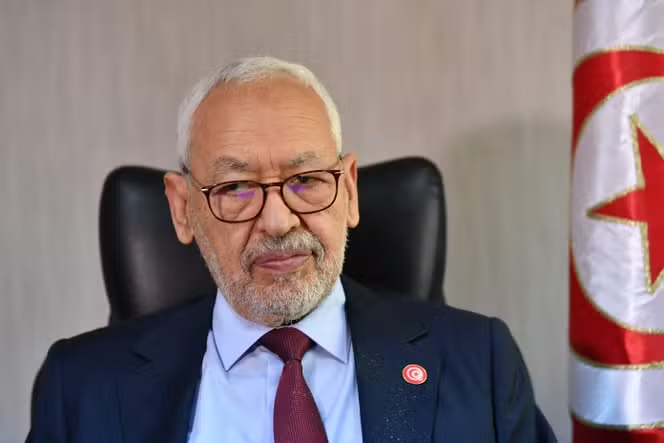Tunisian opposition leaders, along with several lawyers and business figures, have received long prison sentences following a terrorism and conspiracy trial. The case has drawn widespread criticism, with rights groups and legal experts claiming it reflects a crackdown on political opposition.
Key opposition figures among those sentenced
The court sentenced 40 people, with punishments reaching up to 66 years. Among the convicted are leading members of the National Salvation Front, Tunisia’s main opposition coalition. Authorities arrested many of them in 2023. Others faced trial in absentia after leaving the country.
Issam Chebbi and Jawhar Ben Mbarek, two high-profile opposition leaders, received 18-year sentences. Defence lawyers confirmed the outcome shortly after the court’s decision on Friday evening.
Activist and businessman Kamel Eltaief was sentenced to 66 years. Former minister Kamel Jendoubi, who now lives abroad, criticised the verdict and called it politically motivated.
Criticism from human rights groups and lawyers
Amnesty International and other rights organisations have raised concerns. They say the case reflects a wider decline in civil liberties under President Kais Saied.
Defence lawyer Ahmed Souab criticised the proceedings. “I have never seen a trial like this. It’s a farce,” he told Reuters.
President Saied came to power in 2019 and later suspended parliament. He secured a second term in 2024 with a wide margin, but his government has faced growing criticism for jailing political opponents and concentrating authority.
Background and political context
Tunisia was the starting point of the Arab Spring in 2010, which led to the fall of President Zine El Abidine Ben Ali. Since then, the country has held three presidential elections.
Many observers hoped for lasting democratic reforms. However, recent years have raised concerns over Tunisia’s political direction. President Saied has dismissed accusations of authoritarianism, saying he is targeting corruption and protecting national interests from what he describes as a “corrupt elite” and “traitors”.
